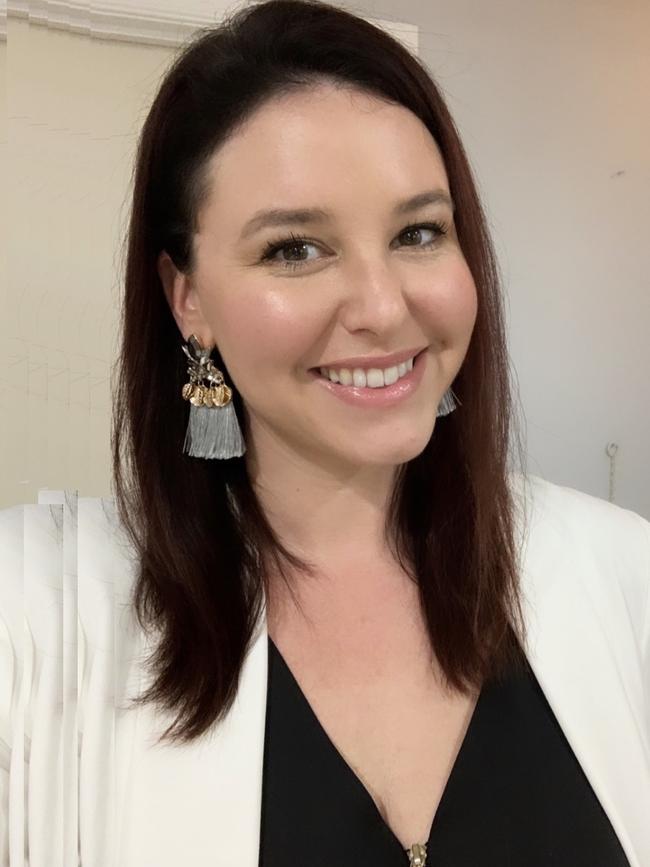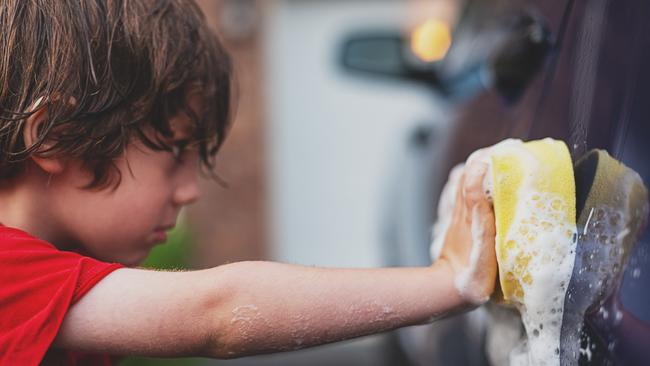Cost-of-living crunch: how to talk about money with your children
Surging living costs are affecting every family, and it delivers an opportunity to teach children valuable financial and life lessons.
Talking to children about money is important during the cost-of-living crisis, finance specialists say, but giving kids a pocket money pay cut is probably a step too far.
As households feel the sting of surging prices, rents and interest rates, parents are being urged to be open about financial pressures and involve their family in cost cutting.
ANZ Plus value stream lead Danielle Curry says involving children in money discussions can help them prepare for similar situations they may face in the future.
“It is important to explain to them that money is a limited resource, and that you need to make choices about how to spend it wisely,” she says.


“We can’t expect kids to know instinctively how money works.” Grocery shopping and meal preparation are good learning examples, Curry says.
Some parents are cutting pocket money payments, but they are being urged to avoid this where possible.
Curry says pocket money is a “fantastic first step” to teach money skills and reinforce key financial principles: spending less than you earn, putting money aside for a rainy day, and saving regularly towards goals.
“We work off the rule of thumb that pocket money amount should be the same as their age,” she says. “For example, my 11-year old gets $11 per week.”
A survey by Finder.com.au suggests 11 per cent of parents have reduced their children’s pocket money as they struggle with the cost of living, with the average weekly allowance dropping from $10 to $8 in the past year.
Finder money specialist Sarah Megginson says there is no need to cut pocket money simply because household costs are rising.
“The only reason you should cut your child’s pocket money is if you truly can’t afford to keep paying them,” she says.

Higher costs mean pocket money has lost buying power too.
Megginson says parents should talk about “the good, the bad and the ugly,” when it comes to money.
“Let them know that your bills are increasing, but you’re going to keep their pocket money the same as you’re really impressed with how well they remember their chores each week and contribute to the family,” she says.
“There is value and opportunity in every money discussion. Remember that you have the biggest impact on your kids’ money habits and beliefs – the more open and transparent you can be, the less taboo and challenging it will be for them when they eventually manage their own money.”






To join the conversation, please log in. Don't have an account? Register
Join the conversation, you are commenting as Logout